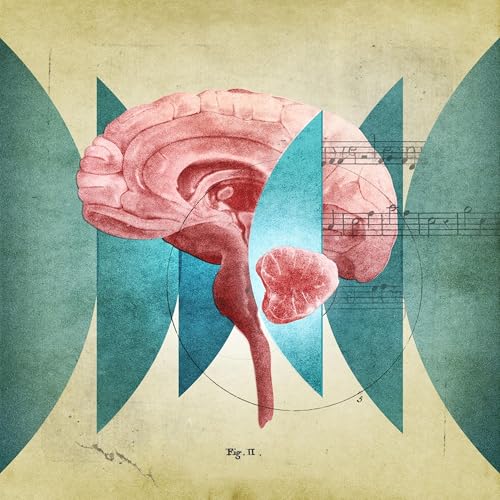
Radiolab
Falha ao colocar no Carrinho.
Tente novamente mais tarde
Falha ao adicionar à Lista de Desejos.
Tente novamente mais tarde
Falha ao remover da Lista de Desejos
Tente novamente mais tarde
Falha ao adicionar à Biblioteca
Tente outra vez
Falha ao seguir podcast
Tente outra vez
Falha ao parar de seguir podcast
Tente outra vez
-
Narrado por:
-
De:
-
WNYC Studios
Sobre este título
Episódios
-
 Jan 30 202643 minutos
Jan 30 202643 minutosFalha ao colocar no Carrinho.
Tente novamente mais tardeFalha ao adicionar à Lista de Desejos.
Tente novamente mais tardeFalha ao remover da Lista de Desejos
Tente novamente mais tardeFalha ao adicionar à Biblioteca
Tente outra vezFalha ao seguir podcast
Tente outra vezFalha ao parar de seguir podcast
Tente outra vez -
 Jan 23 20261 hora e 18 minutos
Jan 23 20261 hora e 18 minutosFalha ao colocar no Carrinho.
Tente novamente mais tardeFalha ao adicionar à Lista de Desejos.
Tente novamente mais tardeFalha ao remover da Lista de Desejos
Tente novamente mais tardeFalha ao adicionar à Biblioteca
Tente outra vezFalha ao seguir podcast
Tente outra vezFalha ao parar de seguir podcast
Tente outra vez -
 Jan 16 202651 minutos
Jan 16 202651 minutosFalha ao colocar no Carrinho.
Tente novamente mais tardeFalha ao adicionar à Lista de Desejos.
Tente novamente mais tardeFalha ao remover da Lista de Desejos
Tente novamente mais tardeFalha ao adicionar à Biblioteca
Tente outra vezFalha ao seguir podcast
Tente outra vezFalha ao parar de seguir podcast
Tente outra vez
Ainda não há avaliações


